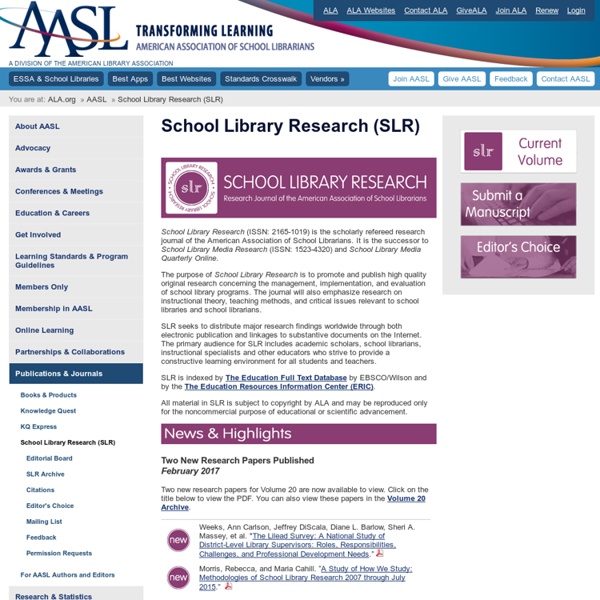Joseph D. Novak
Senior Research Scientist Completing graduate studies at the University of Minnesota in 1958, Dr. Novak taught biology at Kansas State Teachers College at Emporia, 1957-59, and biology and teacher education courses at Purdue University, 1959-67. He is currently Professor Emeritus, Cornell University, and Senior Research Scientist at IHMC. Dr. His current research work includes studies on student’s ideas on learning and epistemology, and methods of applying educational ideas and tools (such as concept mapping) in corporate settings and distance learning programs. e-mail Recent Publications Books Moon, B.M., Hoffman, R.R., Novak, J.D. & Cañas, J.J. (2011). Novak, J.D. (2010). Cañas, A.J., Novak, J.D. & González, F.M. González, F.M., Moron, C., & Novak, J.D. (2001). Mintzes, J., Wandersee, J. & Novak, J.D. (2000). Novak, J.D. (1998). Novak, J.D. & Gowin, D.B. (1984). Mintzes, J., Wandersee, J. & Novak, J.D. (1998) Teaching Science for Understanding. González, F. Papers Novak, J.D. (2006).
Why I Chose it
Motivation
Motivation to Learn: An Overview Citation: Huitt, W. (2011). Motivation to learn: An overview. Return to: | EdPsyc Interactive: Courses | Home | Translations: Russian Ukrainian | Definition The following definitions of motivation were gleaned from a variety of psychology textbooks and reflect the general consensus that motivation is an internal state or condition (sometimes described as a need, desire, or want) that serves to activate or energize behavior and give it direction (see Kleinginna and Kleinginna, 1981a). internal state or condition that activates behavior and gives it direction; desire or want that energizes and directs goal-oriented behavior; influence of needs and desires on the intensity and direction of behavior. Franken (2006) provides an additional component in his definition: the arousal, direction, and persistence of behavior. Importance of motivation The relationship of motivation and emotion Theories of motivation Behavioral Cognitive Summary Psychoanalytic theories Summary
Why I Chose it
Making Concept Maps (Novak)
Novak's cmap home Excerpted, rearranged (and annotated) from an online manuscript by Joseph D. Novak, Cornell University original manuscript was revised in 2008-> Concept maps are tools for organizing and representing knowledge. There are two features of concept maps that are important in the facilitation of creative thinking: the hierarchical structure that is represented in a good map and the ability to search for and characterize cross-links. Figure 1 A concept map about concept mapping Constructing Good Concept Maps In learning to construct a concept map, it is important to begin with a domain (an area) of knowledge that is very familiar to the person constructing the map. The next step is to construct a preliminary concept map. Figure 2 shows a list of concepts for making a concept map to address the question, "What is a plant?" Figure 2 Creating a GOOD MAP Facilitating Cooperative Learning
Why I Chose it
A Science Odyssey: People and Discoveries: B.F. Skinner
B.F. Skinner1904 - 1990 Burrhus Frederic (B.F.) Skinner majored in literature at Hamilton College in New York. He went to New York City in the late 1920s to become a writer, but he wasn't very successful. "I had nothing important to say," he later exlained. Skinner received his PhD in 1931. With pigeons, he developed the ideas of "operant conditioning" and "shaping behavior." Skinner expressed no interest in understanding the human psyche. After nine years in Minnesota, and three years as head of the psychology department at Indiana University, Skinner returned to Harvard in 1948 as a professor and remained there for the rest of his career. "Education is what survives when what has been learnt has been forgotten." Related Features "That's My Theory!"
Why I Chose it
Situated Learning
Lave argues that learning as it normally occurs is a function of the activity, context and culture in which it occurs (i.e., it is situated). This contrasts with most classroom learning activities which involve knowledge which is abstract and out of context. Social interaction is a critical component of situated learning -- learners become involved in a "community of practice" which embodies certain beliefs and behaviors to be acquired. As the beginner or newcomer moves from the periphery of this community to its center, they become more active and engaged within the culture and hence assume the role of expert or old-timer. Other researchers have further developed the theory of situated learning. Situated learning has antecedents in the work of Gibson (theory of affordances) and Vygotsky (social learning). Application Situated learning is a general theory of knowledge acquisition . Example Principles References Brown, J.S., Collins, A. & Duguid, S. (1989). Lave, J., & Wenger, E. (1990).
Why I Chose it




The purpose of this journal is to promote and publish research concerning the management, implementation, and evaluation of school library programs. The journal also provides research on instructional theory, teaching methods, and critical issues relevant to school libraries and school librarians. by katherineking2 Mar 19